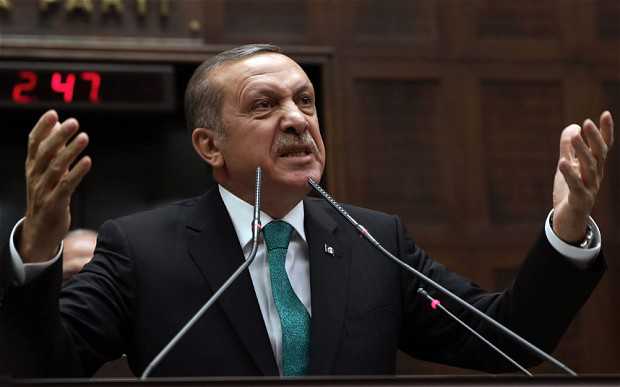Stratfor
Geopolitical Diary: A U.S.-Iranian Dance of Diplomacy
The United States has raised the possibility of opening a diplomatic interests section in Iran. To avoid giving the impression that the idea was an unqualified U.S. position, State Department officials carefully leaked word of an ongoing debate about the plan to the press. But the news was not met with immediate denial by U.S. officials. In fact, U.S. Secretary of State Condoleezza Rice refused to rule the idea out — instead Rice said she preferred not to comment on internal U.S. deliberations.
Hours after her statement, the official Iranian news agency said Iran was prepared, in principle, to consider the request if it is officially made by the United States. So, a week after word was leaked to The New York Times of Israeli maneuvers in preparation for a possible air strike on Iran, the Administration has opened a diplomatic door.
Currently, American affairs in Iran are handled by the Swiss Embassy, without U.S. diplomats present. Under full diplomatic relations, which this new deal still would not be, the United States would have an embassy and ambassador in Tehran, and the Iranians would have one in Washington. This is a step short of diplomatic recognition. U.S. diplomats would be present in Tehran — and Iranians in Washington — but likely working under the auspices of the Swiss and Pakistani Embassies, which house their respective interest sections presently. The United States has this sort of arrangement with Cuba. It allows diplomatic presence and representation without full recognition.
Cuba is hardly a model of international warmth for the United States, but the question is trajectory. At the moment, there is no formal diplomatic presence in Iran. There would be if this were to happen. And that would obviously represent a major psychological shift in U.S.-Iranian relations. It is not that the Americans and Iranians don’t talk. Apart from direct meetings in Baghdad, the Iranians have high-level diplomats in New York. There have also been meetings, varying in degrees of formality, in Switzerland and other venues. In fact, the Americans and Iranians talk all the time, directly, indirectly and sometimes it appears in Haiku poetry. The idea that the United States and Iran don’t talk just isn’t true.
The importance of this offer is not what it would yield, but that it was made. The United States took the first step, even if it did not take it irrevocably and no formal offer was made. The administration is being cautious. The Americans still recall how in 2003 they were embarrassed by the Iranians who rebuffed an offer by the United States to send help and a visit by a high-level U.S. delegation, including the elder George Bush, to the earthquake-ravaged city of Bam.
Today the United States is not offering diplomatic exchanges. While it said it might offer them, the United States emphasized its division on the subject. U.S. diplomatic translation: “We’d like to exchange diplomats but if you say no, we never asked.” The Iranians quickly replied that if asked, they might agree. Iranian diplomatic translation: “Ask and we’ll say yes.” The speed of the Iranian response is telling. They were not surprised by the request. Their answer was ready. Which means, as one would expect, they were sounded out before.
So on Friday it appeared that the world was on the verge of war between Israel and Iran, with the United States supporting Israel. By late Monday, the United States was proposing raising the level of diplomatic relations and the Iranians were indicating that they were open to it. In our mind this reinforces the idea that the careful leaking of putative Israeli war games was part of a “bad cop, somewhat better cop” routine, designed to work the Iranians psychologically. They were offered the choice between Israeli air strikes or improving diplomatic relations. The second offer sounded much better than the first.
Setting aside the purple rhetoric on all sides, we have long believed that the Americans and Iranians were talking and actually working together in Iraq. The massive decline in casualties in Iraq is not simply due to U.S. military operations. The decision by the Iranians to rein in Shiite Iraqi militias had a significant impact on it. Indeed, in our view, the Iraq issue has always been more important to both countries than the nuclear weapon issue, and in Iraq, there has been progress.
Both governments are urgently concerned with face. Neither wants to appear to be conceding anything to the other. When the Great Satan meets the Axis of Evil, no public compromise is possible. So all compromising is done privately. And that’s what makes this important. The tentative offer is very public and comes from the highest levels of government. It has been acknowledged officially. Now, this is the United States and Iran so anything public can collapse quickly. But the offer itself, no matter how it was couched, is extremely significant as is the response. In many ways we regard this as more significant than the Israeli exercises.





